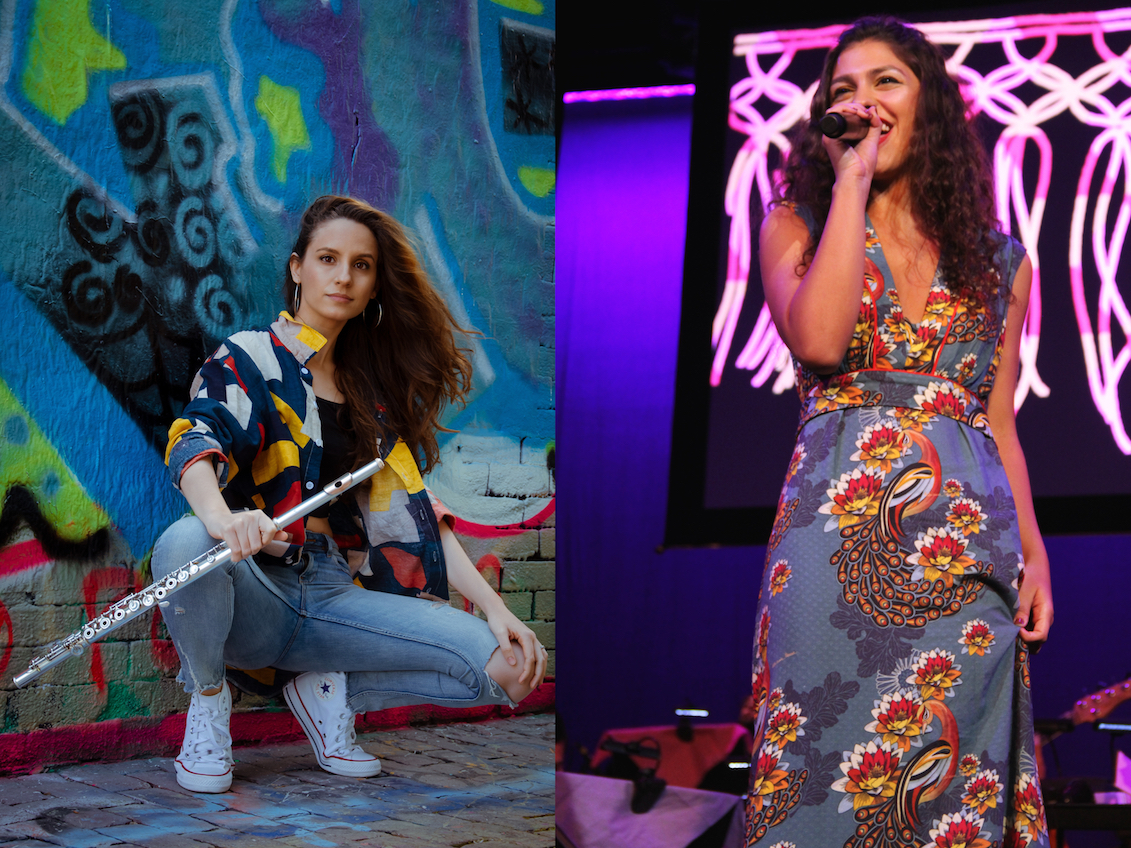
Exploring Berklee College of Music’s ‘Two Track’ series with Sheila del Bosque and Alice Macedo
The Two Track series began earlier this year. AL DÍA spoke with featured Berklee musicians Sheila del Bosque and Alice Macedo to learn more about the series.
The Two Track series from Berklee College of Music began this past September. To this day, the series has accumulated nine episodes and counting.
The first episode of the series featured Philadelphia’s own Zami, a singer, songwriter, and poet.
Zami performed her original song “Thank You” in addition to a cover of Lianne La Havas’ “They Could Be Wrong.”
The series incorporates performances from select musicians and storytelling from the same spotlighted, featured artists.
It releases a new episode every Wednesday at 8 p.m. EST, and is set to continue this schedule throughout the college’s current Fall semester.
The Two Track setup includes a single microphone, and a theme designated for each month. September’s theme was “connection,” October’s “transformation,” while November’s theme will be “gratitude.”
These themes are depicted by either the artist’s chosen track lineup, or a more direct storytelling segment within the episode.
Berklee is known for displaying many stories and cultures. In 2014, the school launched Berklee Latino, a music program that offers students the chance to explore Latin music at the school.
Just as the college opened the door to cultures and stories through the program, the Two Track series makes a point to collect a rich variety of musical culture and sound.
In the first full week of this past October, the musician Sheila del Bosque performed on the Two Track series, aligning her performance with the theme of transformation.
Her music often incorporates aspects of both contemporary and traditional Afro-Cuban music with influences from European jazz.
She was born in Havana, Cuba. Primarily a flutist, del Bosque has won multiple awards and recognitions. She is also the first professional musician in her family.
Coming from parents who were both music-loving professors, del Bosque received a lot of support in her musical pursuits.
Del Bosque’s father encouraged her interest in the arts. She shared that some of her earliest toys, even, were instruments such as the xylophone.
Due to Cuba’s traditional music education practices, del Bosque began learning music at a young age with intention to study the art form throughout her life. When she was 10 years old, she began a rigorous study of music..
“I would spend all my time with my instrument,” said del Bosque. “I could spend hours and hours studying the flute.”
Going against overwhelming practice methods, del Bosque’s father never demanded she study music to the point that playing didn’t feel natural and enjoyable.
It’s shaped her belief today that music should be about love, co-creation and gratitude above all else, and never be about expectation.
Del Bosque would go from initial studies, to studying at a conservatory, then completing a bachelor’s program in classical music while in Cuba.
After finishing school in Cuba, del Bosque wanted to try studying at an international school, in addition to pursuing a stronger sense-of-self within her music. This led the flutist to Berklee.
Today, she is working on a second bachelor's degree in film scoring — with a minor in conducting — at the college.
For her Two Track episode, del Bosque covered “Manteca” by Dizzy Gillespie, and played an original song titled “Cuentos del Aire.”
She was accompanied by keyboardist Harold Charon and drummer Cristián Tamblay.
According to del Bosque, the first song performed is more aligned with a Latin jazz style while the second is more experimental, electronic, and contemporary.
Del Bosque described the experience of performing on Two Track as one that welcomed the experimental, an experience where she was free to be creative.
Some of the techniques del Bosque utilized she described as “extended techniques.”
Extended techniques sometimes employ percussive elements or an application of airy sounds to emulate nature itself. The flutist also used pedals to create delays and apply distortion.
Some chimes, birdsong mimicking, a palo de agua (rainstick), and the caxixi (a Brazilian minor percussion instrument) are utilized too.
“A component that I loved, from the beginning, [was that] it was a story behind the music,” said del Bosque. “I think we as human beings always need to have a story behind things… I love this part of getting in touch with the story of the performer, the story behind the music.”
When touching on her episode’s theme of transformation, del Bosque recalls packing her “whole life,” only the most fundamental things, into a suitcase when she moved to a new country, and only processing everything after the move.
During her Two Track performance, del Bosque recites an original poem, a part of her song, “Cuentos del Aire.”
The poem details a story concerning the concept of life, often relating the concept with different imagery of nature.
The poem, in del Bosque’s original Spanish, reads as follows:
“Me dijo el viento al oído / Que en cada semilla hay vida / Y que las vidas del mundo / Danzan en la noche clara
“Yo soy noche y también día / Yo soy danza oscura y clara /Soy vida del mundo y semilla / Con olor a viento de agua / Soy música y también pausa / Soy velero, soy ribera / Soy lo que ves cuando pasas / Soy lo que ves cuando quedas…”
The poem is about transformation, but more importantly about del Bosque herself.
“It’s about how I as a person can contain all these things... I can be music but I can be silence.”
Going forward, del Bosque will continue her studies at Berklee, while getting involved in some more socially-charged pursuits.
“I was trying to improve the interchange between the U.S. and Cuba, and to bring more people from here, because we have so many talented people there,” said del Bosque. “Sadly, it is an island with not a lot of opportunities for people.”
“You need to be a leader of the changes... You need to be a revolutionary of the time you’re living in,” she continued.
Alice Macedo is a singer/songwriter from Rio de Janeiro, Brazil.
She began performing at the young age of six. Also at that age, Macedo asked her mother to take singing lessons, and hasn’t stopped since.
After finishing school in Brazil, she began considering her next steps.
In 2017, Macedo’s family moved to Miami, and Macedo would eventually settle on music as an academic pursuit after finishing her senior year of high school in Florida.
The singer visited Berklee before settling on a school, and the college quickly showed itself as her ideal landing spot.
RELATED CONTENT
Macedo was interested in studying more than one aspect of music.
She is now a senior at the college, and majoring in Music Business and Management.
Her music is influenced by bossa nova, samba and MPB (Música popular brasileira): music that can be described as the music of her homeland. Macedo is also influenced by pop music, R&B and soul music.
The songwriter dabbles in guitar, piano and a bit of ukulele, but prefers to hone her abilities as a singer.
For her Two Track episode, the singer performed a cover of “Emoções” by Roberto Carlos and “Light,” an original song.
Macedo’s performance was backed by guitarist Eduardo Resende and pianist, keyboardist Carlos Ruiz.
Macedo was no stranger to performance by the time she worked on Two Track, but the singer said she had never had an experience quite like it.
Having had her performances recorded in the past, Macedo shared that this was the first time her performance was recorded in such an intimate setting.
“The whole time we had cameras very, very close to our faces. They were turning… and I had to pretend they weren't there the entire time,” shared Macedo.
Despite the new setup, Macedo was playing beside two musicians who have played with her in past recitals, adding an energy of familiarity to the intimate recording setting.
For Macedo’s original song “Light” — the second to be performed during her Two Track episode — the original inspiration for the song came from a year that refuses to be forgotten.
“I wrote [‘Light’] during the pandemic in a moment that I was very — I don’t think anyone was well — but I wasn’t well,” said Macedo. “It’s called ‘Light,’ so at the same time I wanted to find a way out of the tunnel, out of the horrible situation we were all living in, and that song came out of that.”
Macedo named many Brazilian, pop, soul, and R&B artists as influences who helped her during the time she wrote the song.
“It’s weird how all of that came together to create a song that seems like it’s only influenced by pop, but it’s actually influenced by a lot,” said Macedo. “For this song, I would say, we were very Dua Lipa-inspired.”
Apart from the sonic inspirations of “Light,” and Macedo’s plentiful inspirations, the songwriter loves to sing Brazilian music.
“I love to showcase my culture at any point, at any time that I can. I’m very proud of it… it’s very beautiful, and it needs to be showcased,” said Macedo. “I’m glad and happy to do it at any opportunity.”
Macedo appreciates all types of Brazilian music, with her favorites particularly listed as: samba, Brazilian popular music, and bossa nova.
On the self-proclaimed “other side” of Macedo’s favorite music, pop, soul and R&B can be found.
The songwriter used to sing jazz often, and now believes much of her technique is pulled from jazz.
Currently, Macedo is confident that her own music and performances are gravitating towards pop, soul, R&B and Brazilian music.
When reflecting on the Two Track series, Macedo shared some thoughts:
“Berklee’s at the moment that we’re post-pandemic, and they’re trying different things to innovate,” said Macedo. “I think the idea of this project is really interesting… you can get a little bit of what happens here… it gives an opportunity for students to showcase themselves.”
After Berklee, Macedo hopes to continue down her current path, while perhaps trying her talents behind the stage in addition to on it.
Most of all, the singer hopes to be happy throughout her future pursuits in music, all the while showcasing her culture whenever possible.
“I think it’s really important to bring [my culture] here, because I feel like I have this sort of duty of showing off a little bit of my country and showing a little bit of my music to the people who might not know it, or might not understand it,” she said.
Macedo was the seventh artist to perform on Two Track. A playlist of each Two Track episode can be found now on YouTube.


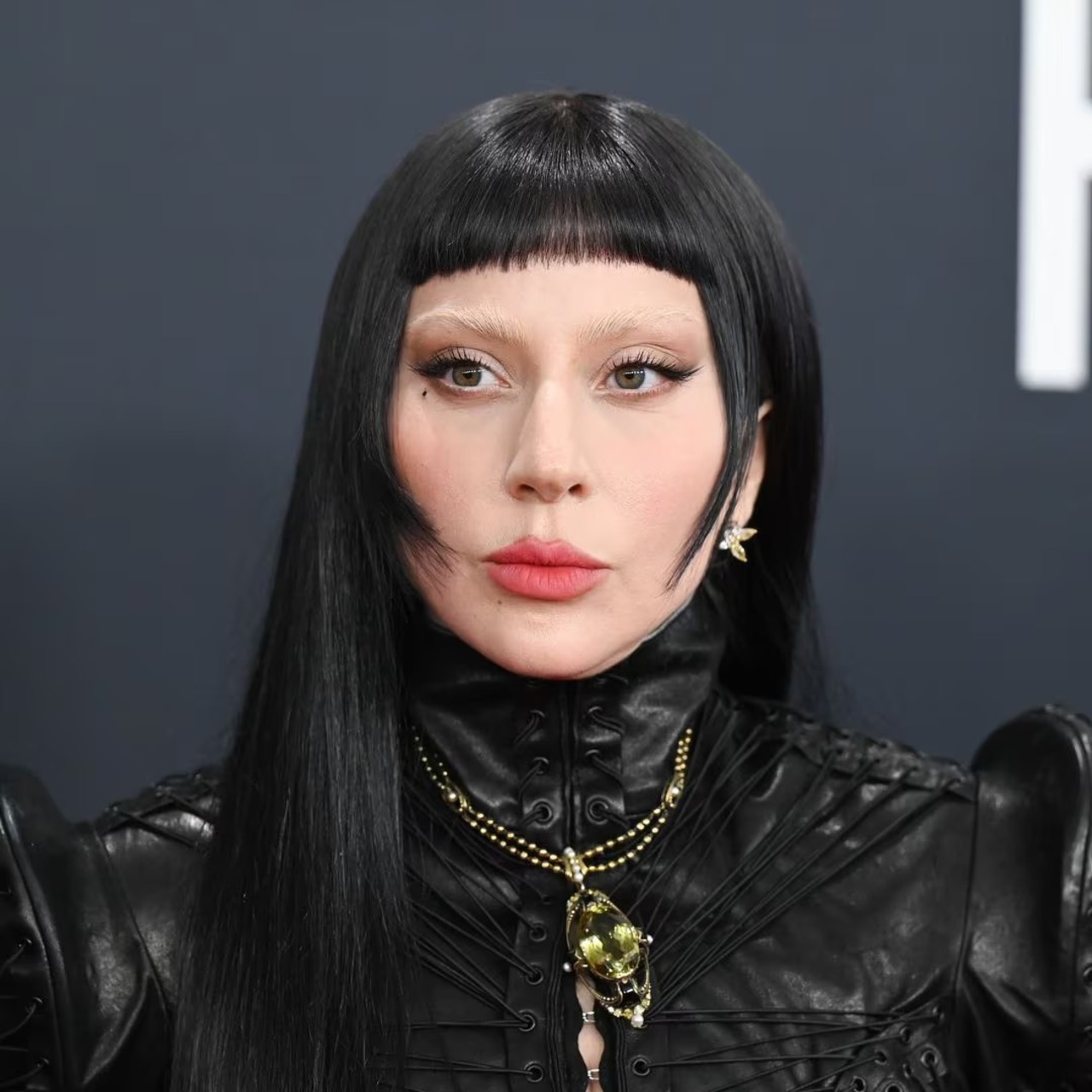
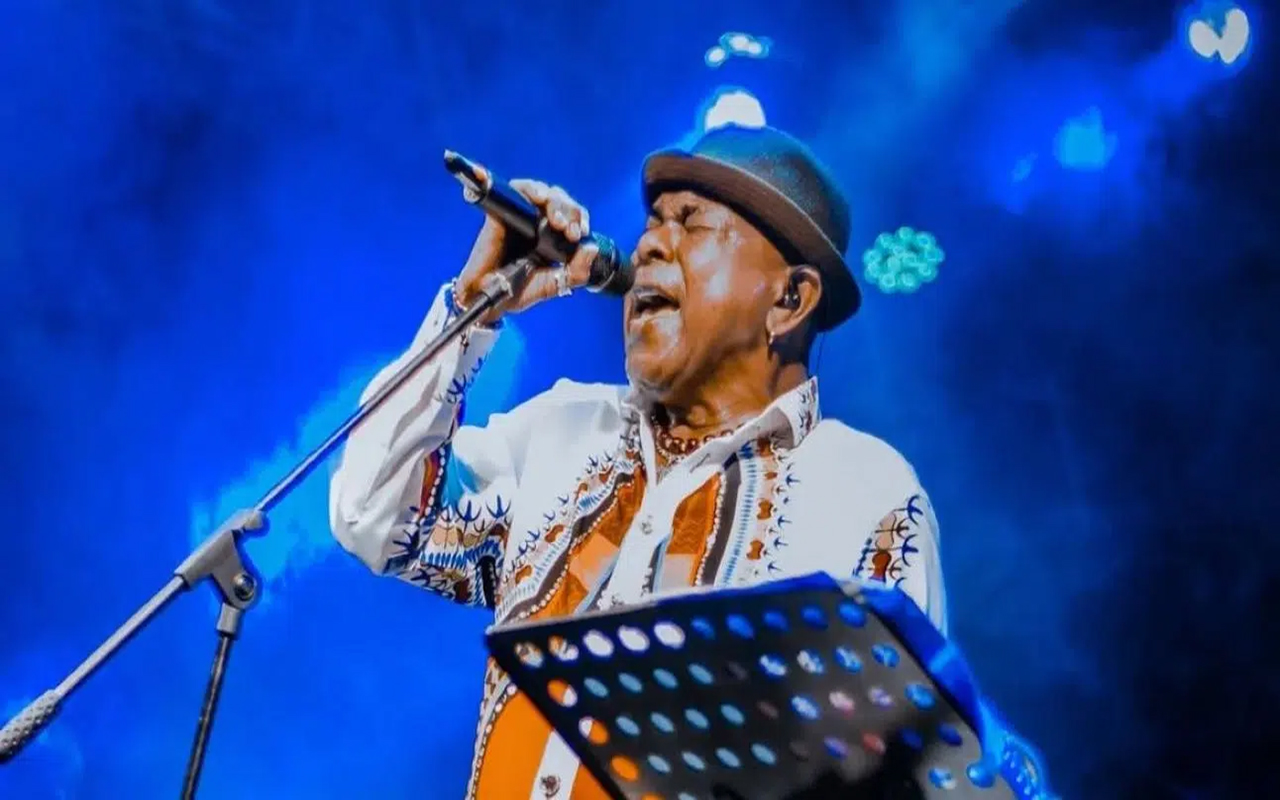
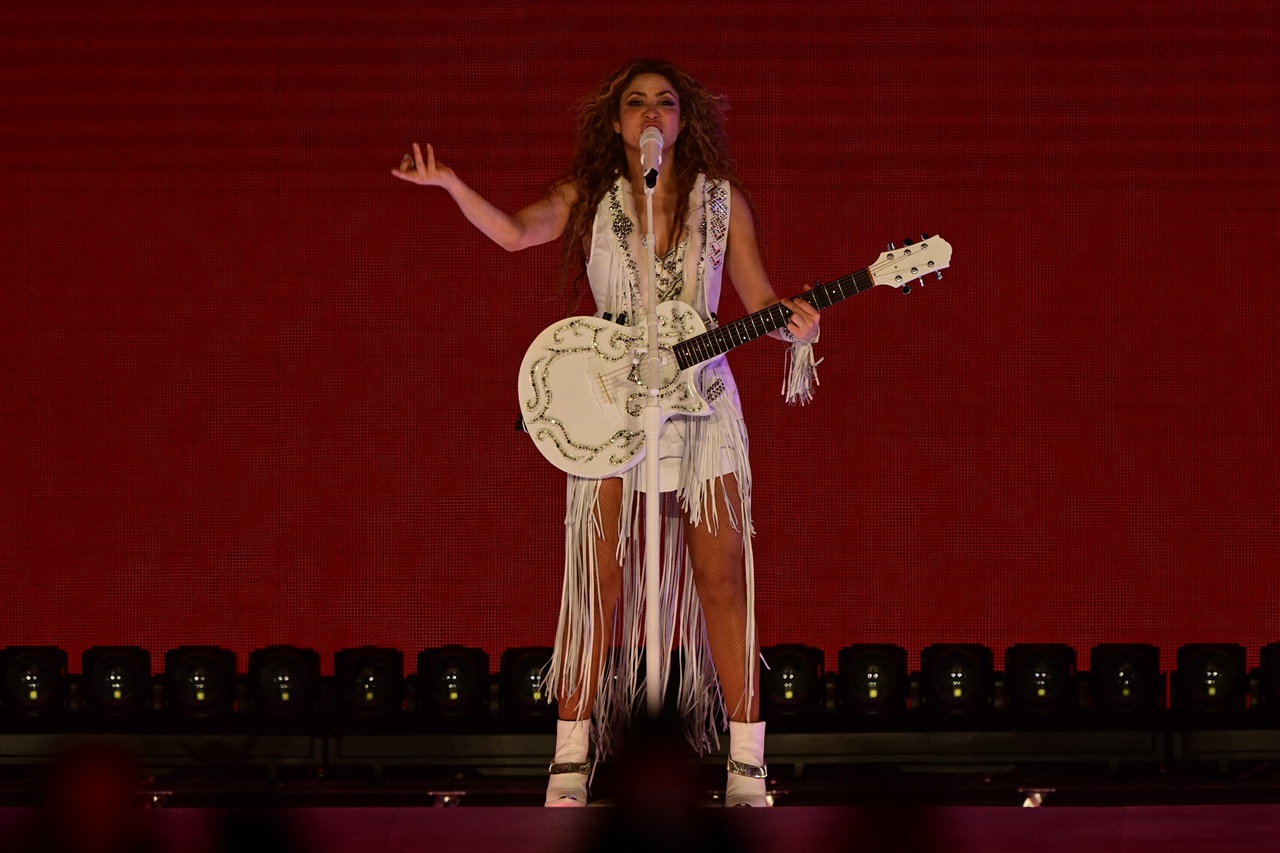
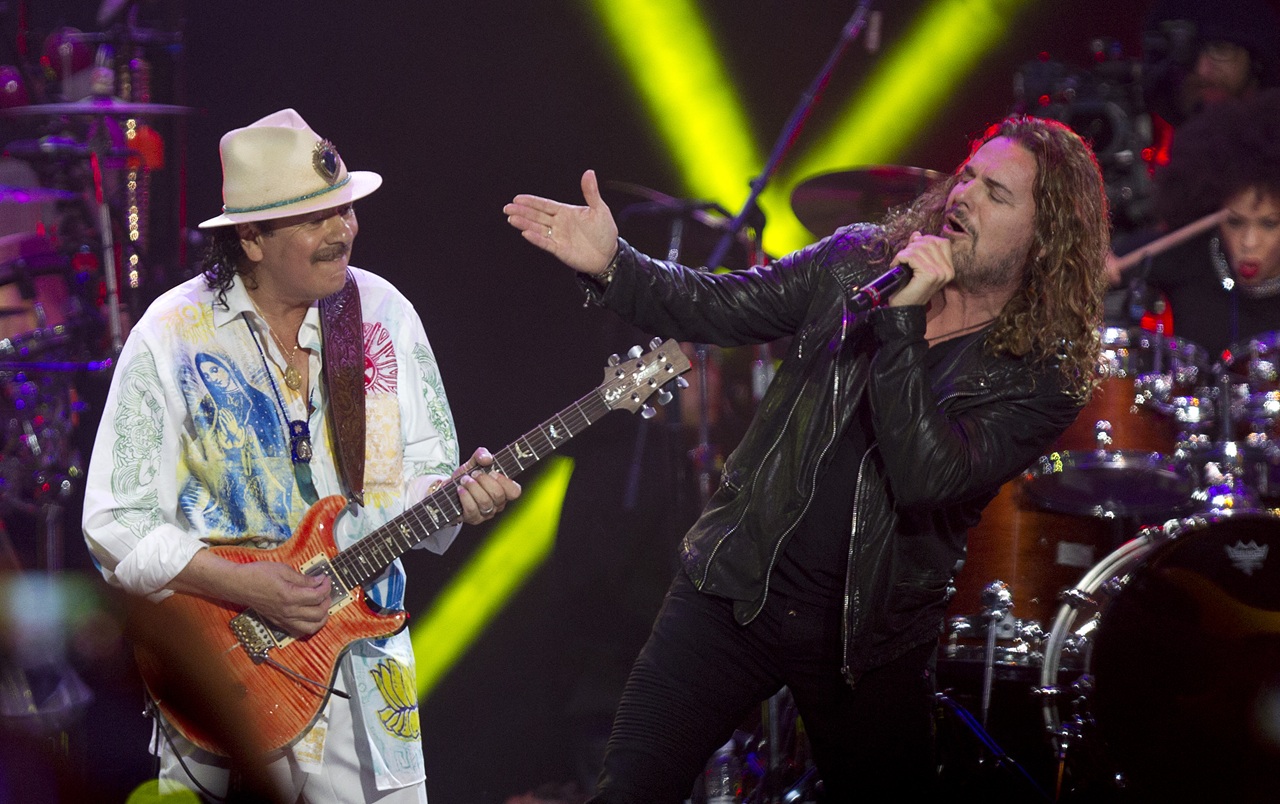

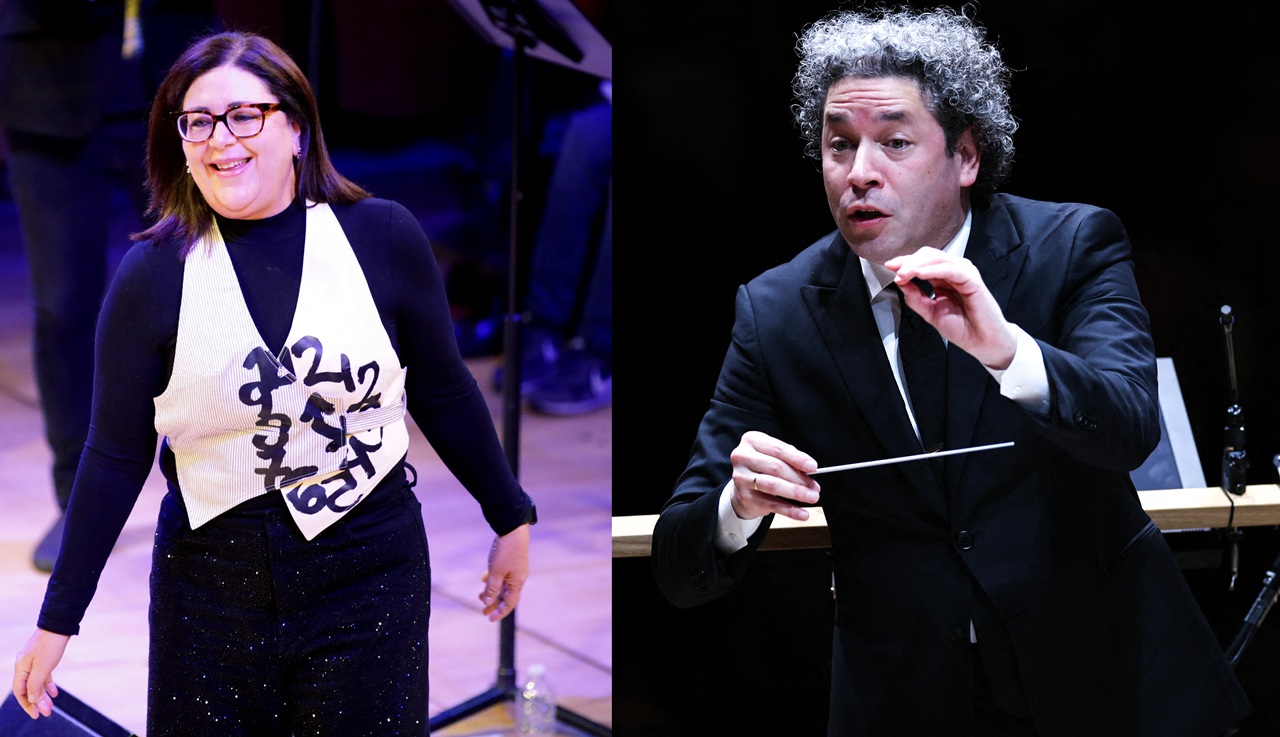


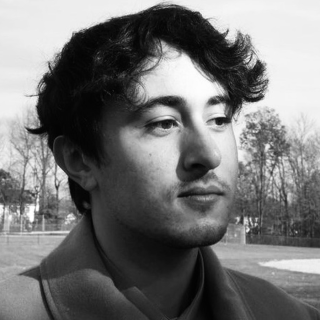
LEAVE A COMMENT: